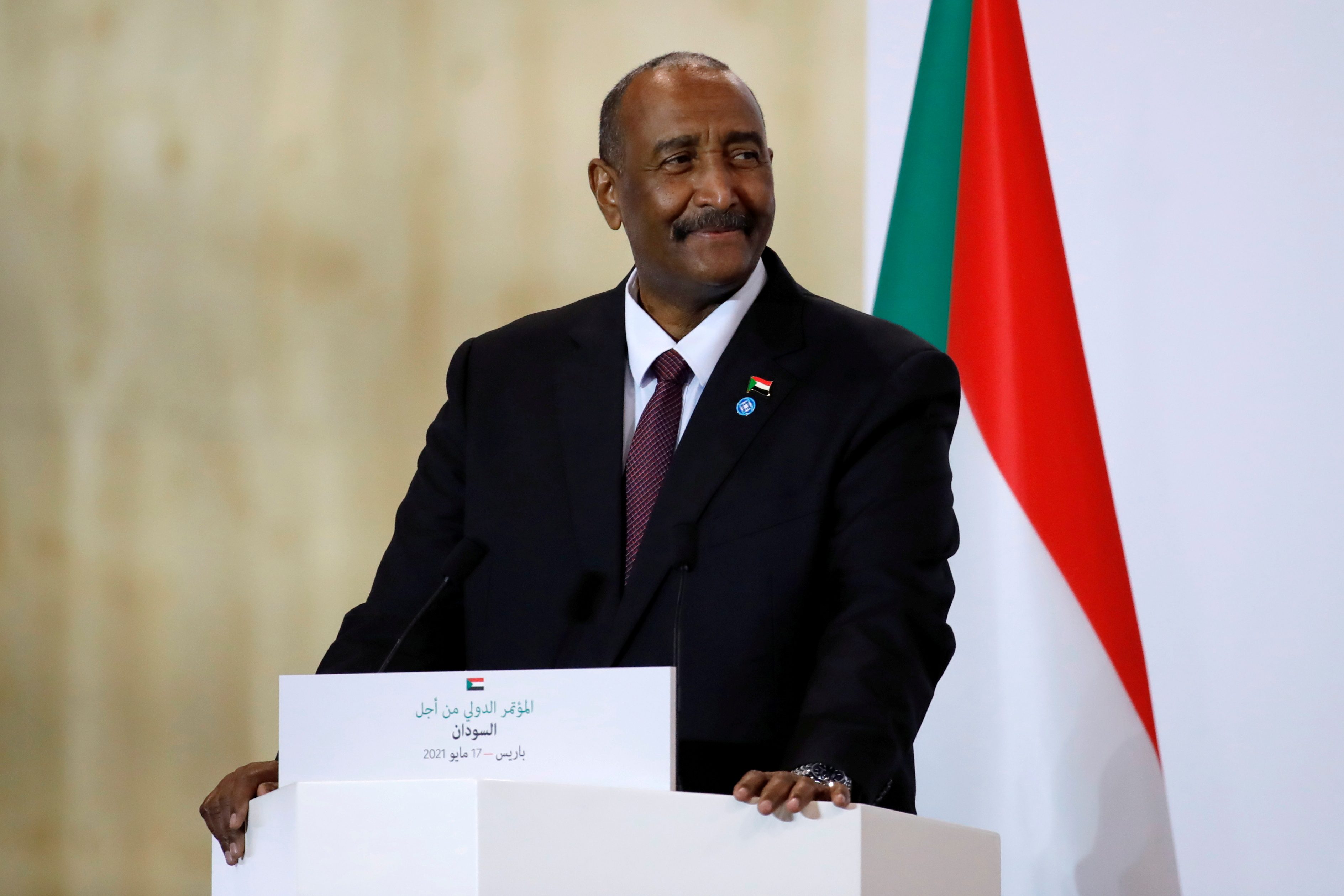SUMMARY
This is AI generated summarization, which may have errors. For context, always refer to the full article.

The United States and other Western powers expressed grave concern on Friday, November 12, at the appointment of a new Sudanese ruling council by the general who led last month’s coup, saying it complicated efforts to restore a transition to democracy.
General Abdel Fattah al-Burhan was sworn in on Thursday, November 11, as head of the new Sovereign Council, which replaces the power-sharing body he dissolved last month in a takeover that derailed Sudan’s transition to civilian rule.
The move by the military undermined its commitment to uphold transitional arrangements requiring civilian members of the council to be nominated by the Forces for Freedom and Change, a political coalition that had been sharing power with the army since 2019, the United States, the United Kingdom, Norway, the European Union and Switzerland said in a statement.
It “complicates efforts to put Sudan’s democratic transition back on track,” they said, adding the move was “in violation” of an accord setting out the transition.
“We strongly urge against further escalatory steps,” they said in the statement.
French President Emmanuel Macron wrote on Twitter overnight that events in Sudan were very worrying. “We demand the immediate freeing of all those who embody the spirit and hope of the Sudanese revolution, which must not be betrayed,” he wrote.
The new 14-member Council includes civilians representing Sudan’s regions but none from the FFC, in effect dissolving the transitional partnership. One member has yet to be named.
Abdalla Hamdok, the prime minister ousted in the October 25 coup, remains under house arrest. Hamdok has in turn demanded the release of top civilians and a return to the transition that began after the overthrow of long-term autocrat Omar al-Bashir in 2019.
Western donors which supported Sudan’s transition have frozen aid in response to the October 25 takeover.
Earlier, Volker Perthes, the UN special representative for Sudan, said the unilateral decision “makes it increasingly difficult to return to the constitutional order.”
Perthes has been involved in mediation efforts aimed at securing the release of detainees and finding a negotiated way out of the crisis through a return to power-sharing between the military and civilians. But these efforts have stalled amid signs that the army is moving to consolidate control.
Opponents of the army’s move have called for big protests on Saturday, November 13. Security forces shot dead three people during the last big protest against the takeover on October 31. In total, 15 protesters have been killed since the coup. – Rappler.com
Add a comment
How does this make you feel?
There are no comments yet. Add your comment to start the conversation.